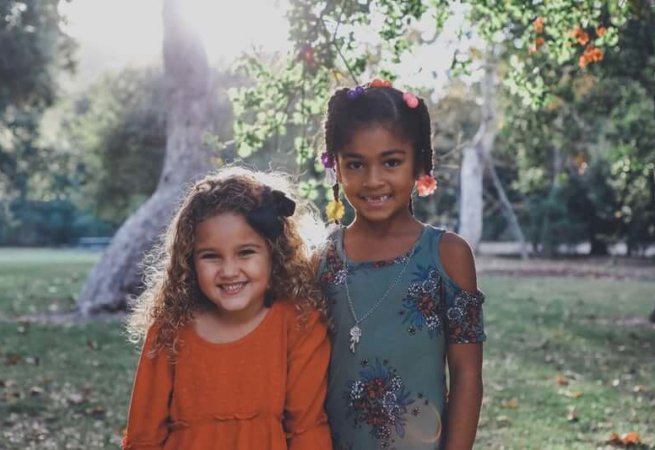I learned long ago to turn off my phone at night. Teenagers and I seem to live in different time zones, something I discovered during my many years of working with high school students. But last Wednesday night, my usual shutdown was interrupted by a flood of texts from my students.
“Hey guys, can we talk about this?”
“I keep reading and hearing about it, and it just has been bothering me because I can’t believe things like this still happen.”
“I just want to talk to y’all about it a little more.”
Meet their questions with wisdom
I had heard the news, read the articles, and seen the social media posts. But, like many, I was still struggling to understand what took place on February 23. I was torn between outrage at this heinous murder and grief for the beautiful mother who tragically lost her son.
But in that moment, I had to shift my focus from my internal struggle to figuring out how to navigate this discussion with my students.
As the Director of Diversity at Prestonwood Christian Academy, I have a lot of experience in navigating difficult conversations with high school students. However, conversations surrounding the death of another unarmed black man, a man made in the image of God, never seem to get any easier.
These difficult conversations always necessitate a high level of wisdom, discernment, and care. They require me to put aside my own fears and grief so that I can focus on helping my students—students who are scared for their own lives and the lives of their families and friends.
Recognize your role in aiding their needs
That night, eleven students, all leaders of our GRACE Council (student diversity club), met on a Zoom call. The students that make up the club are diverse in all ways—gender, race, age, ability, culture, and economic status (GRACE).
They all had something unique to share. Though young, these students understand the challenging conversations required by difficult times. As one student put it: “This is a very important topic to talk about. People are so quick to shy away and get scared to bring this up, but because we are GRACE Council, we’re different and we need to make others aware of this situation and learn and grow from it.”
As I reflected on our meeting later that night, I was reminded that students of all ages need help to appropriately process events like the one that took place on February 23, 2020. As adults, we have a responsibility to aid them in their needs.
Specific ways to offer support:
- Students need a safe place to be heard. A place where they feel free to share their fears and worries and to ask questions.
- When students ask questions, they don’t always need answers. We don’t have to know why a tragedy happened. We don’t need to explain the history of our country and the systems in place. Sometimes, it is as simple as letting the questions be spoken and knowing that the root of the issue is wicked and deadly sin.
- Students need a space to wrestle with “what’s next?” and a helping hand once they’ve figured it out. Many students want to do something in response to acts of injustice, but they need direction. In this case, direction could come in the form of signing a petition, creating a peaceful march, or writing letters to Ahmaud Arbery’s mother. Whatever their desire, students often need our help to organize their ideas.
- Students need a reminder that, while the world can be an ugly place, we have their backs. They need reassurance that we will love, support, fight for, and cheer them on, come what may.
Teach them to recognize injustice
As the white mother of a white boy, I will never truly understand the depth of pain felt by Wanda Cooper Jones. I will never be required to have the talk with my son about what to do if a police officer pulls him over. I will never have to worry about him being shot while jogging through his neighborhood in broad daylight.
But I do need to prepare him, and my daughters, to be advocates for their brothers and sisters in Christ. I do need to explain to them the realities so many face.
I feel called to surround my family with the beautiful diversity God has wonderfully crafted. I want my children to understand the injustices in the world and equip them to do something about them.
When racial injustices happen, I want these injustices to hit close to home for my children. I want my son and daughters to be fearful and outraged that the same could have happened to their friend Isaiah, their neighbor Dennis, or their teacher Tymarcus. I want their fear and outrage to create a desire for change within them, a will to act.
My heart is to help train people of all ages to stand against injustices like what happened on February 23. Why? Because Jesus did.



